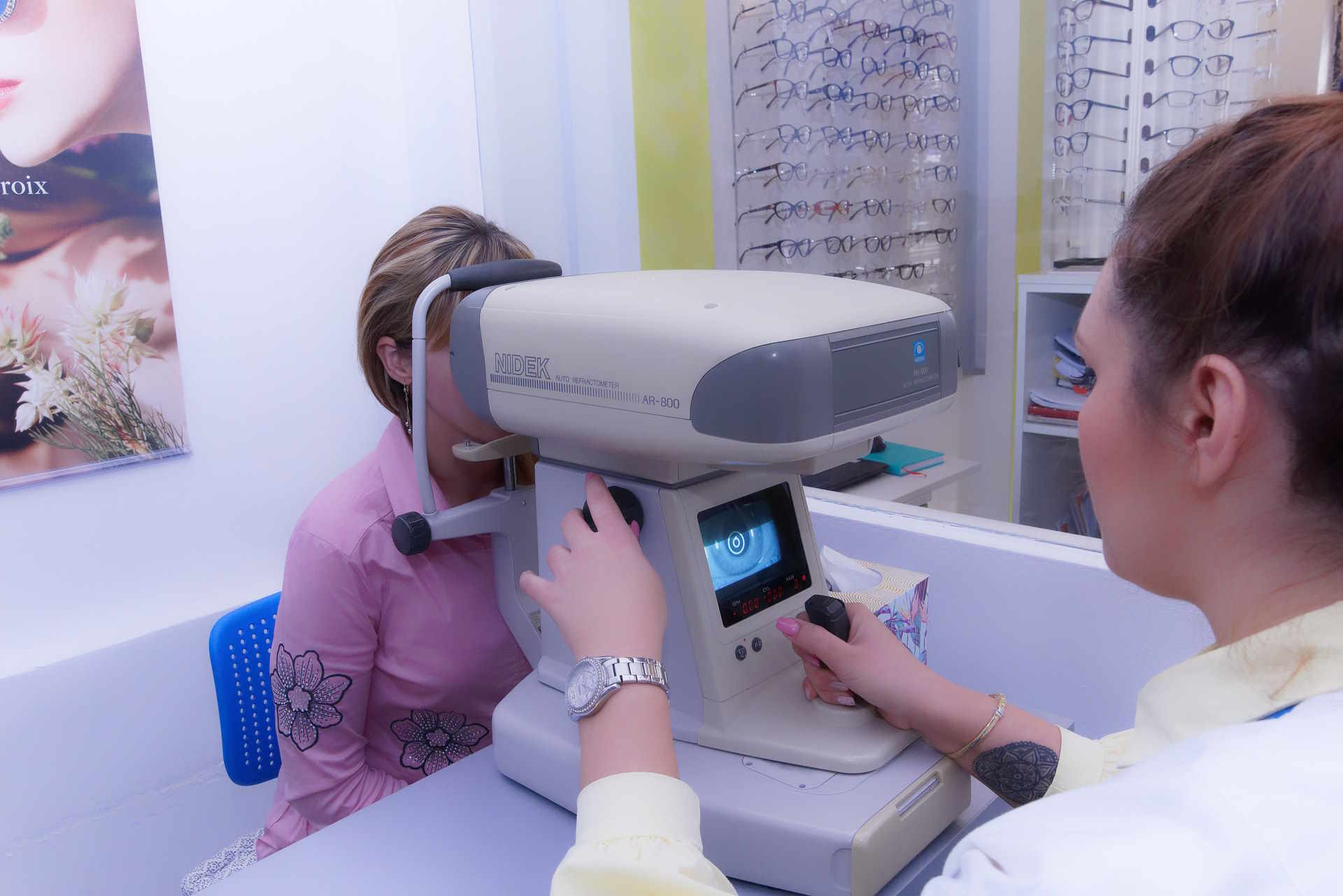Macular Degeneration and Diet: What to Eat—and What to Avoid
See how science backed foods can help support eye health and what dietary habits may accelerate age related vision loss. Learn which common foods to avoid and which nutrients can protect your vision long term. Your eyes deserve the right fuel that could help to shield your eyes.

What are the best nutrients for macular health?
Several key nutrients have been shown to support macular health and potentially reduce the risk of degeneration. Antioxidants play a crucial role in protecting the eyes from oxidative stress and inflammation. Vitamin C, vitamin E, and beta-carotene are powerful antioxidants that can help maintain eye health. Zinc is another essential nutrient that supports the function of enzymes in the retina. Omega-3 fatty acids, particularly DHA and EPA, are important for retinal health and may help reduce inflammation in the eye.
Which 6 foods could help shield your eyes from age-related decline?
Incorporating specific foods into your diet can provide the nutrients necessary for maintaining macular health. Here are six foods that could help protect your eyes:
-
Leafy greens: Spinach, kale, and collard greens are rich in lutein and zeaxanthin, antioxidants that accumulate in the macula.
-
Fatty fish: Salmon, mackerel, and sardines are excellent sources of omega-3 fatty acids, which support retinal health.
-
Citrus fruits: Oranges, grapefruits, and lemons provide vitamin C, a powerful antioxidant for eye health.
-
Nuts and seeds: Almonds, walnuts, and chia seeds contain vitamin E and omega-3 fatty acids.
-
Berries: Blueberries, strawberries, and blackberries are packed with antioxidants that can help protect the eyes from oxidative stress.
-
Orange vegetables: Carrots and sweet potatoes are rich in beta-carotene, which the body converts to vitamin A, essential for eye health.
What common foods may worsen macular degeneration over time?
While some foods can support eye health, others may contribute to the progression of macular degeneration. It’s important to be aware of these potential culprits:
-
Processed foods: High in unhealthy fats and lacking in nutrients, processed foods can contribute to inflammation and oxidative stress.
-
Sugary foods and drinks: Excess sugar consumption may increase the risk of AMD and other eye problems.
-
Red and processed meats: These foods are often high in saturated fats and may contribute to inflammation in the body.
-
Trans fats: Found in some baked goods and fried foods, trans fats can negatively impact eye health.
-
Alcohol: Excessive alcohol consumption may increase the risk of AMD and other eye problems.
-
High-glycemic index foods: Foods that cause rapid spikes in blood sugar may contribute to inflammation and oxidative stress.
What doctor-advised diet plans reduce AMD progression?
Healthcare professionals often recommend specific dietary approaches to help slow the progression of AMD. These diet plans typically focus on increasing the intake of beneficial nutrients while reducing consumption of potentially harmful foods:
-
Mediterranean Diet: This eating pattern emphasizes fruits, vegetables, whole grains, legumes, fish, and olive oil. It’s rich in antioxidants and omega-3 fatty acids, which may help protect against AMD.
-
AREDS2 Supplement Plan: Based on the Age-Related Eye Disease Studies, this supplement regimen includes specific doses of vitamins C and E, zinc, copper, lutein, and zeaxanthin.
-
Low-Glycemic Index Diet: This approach focuses on foods that don’t cause rapid spikes in blood sugar, potentially reducing inflammation and oxidative stress.
-
Plant-Based Diet: A diet rich in fruits, vegetables, and whole grains can provide a wealth of antioxidants and other beneficial nutrients for eye health.
-
Anti-Inflammatory Diet: This eating plan emphasizes foods that reduce inflammation in the body, such as fatty fish, leafy greens, and berries, while limiting processed foods and refined carbohydrates.
How can you incorporate eye-healthy foods into your daily meals?
Making dietary changes to support macular health doesn’t have to be complicated. Here are some practical tips:
-
Start your day with a smoothie containing spinach, berries, and chia seeds.
-
Include a serving of fatty fish in your meals at least twice a week.
-
Snack on nuts and citrus fruits instead of processed snacks.
-
Add a side of leafy greens or orange vegetables to your main meals.
-
Use olive oil for cooking and in salad dressings.
-
Replace sugary desserts with fresh berries or a small piece of dark chocolate.
By making these simple changes and focusing on nutrient-rich foods, you can potentially support your macular health and reduce the risk of age-related decline. Remember, while diet plays a crucial role in eye health, it’s just one part of a comprehensive approach to preventing and managing macular degeneration. Regular eye exams, protection from UV rays, and avoiding smoking are also essential for maintaining optimal vision as you age.
This article is for informational purposes only and should not be considered medical advice. Please consult a qualified healthcare professional for personalized guidance and treatment.




